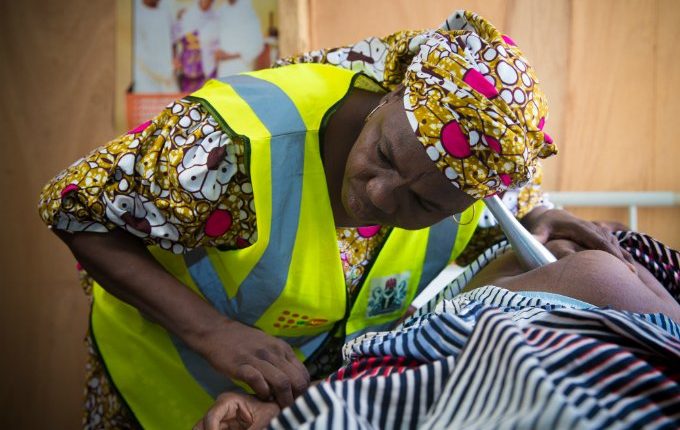BY FATIMA MUSA BUKAR, MAIDUGURI:
Husbands in Maiduguri, Borno State, are restricting their pregnant wives’ access to essential antenatal care, exposing them to life-threatening complications. This alarming practice is putting the lives of pregnant women and their unborn children at risk.
This deadly tradition is prevalent. Denied antenatal care can lead to prolonged labor, infections, maternal and fetal mortality. The consequences are dire, with Nigeria’s maternal mortality rate standing at 576 per 100,000 live births, and child mortality rates at 69 per 1,000 live births, among the highest in the world.
This harmful tradition is perpetuated by cultural and traditional beliefs, literacy problems, lack of awareness, financial constraints, and unavailability of antenatal care facilities. To address this issue, health experts and advocates argue that cultural and traditional beliefs should not supersede the health and well-being of pregnant women. Community leaders, religious organizations, and policymakers must intensify awareness campaigns, stressing the importance of antenatal care.
The Borno State government and healthcare providers must address the underlying issues, including literacy, awareness, financial constraints, and unavailability of antenatal care facilities, to ensure that all pregnant women have access to essential antenatal care.




